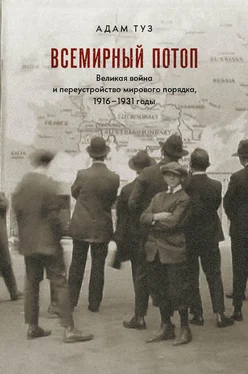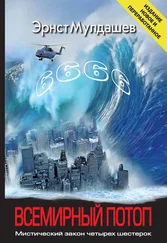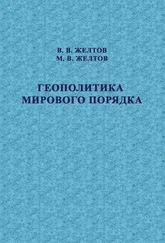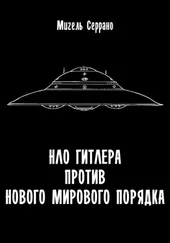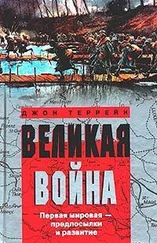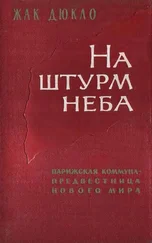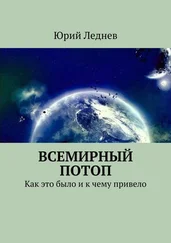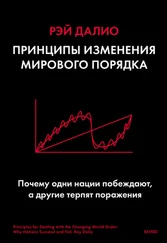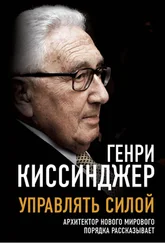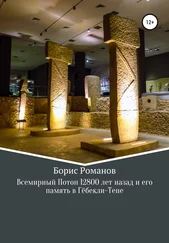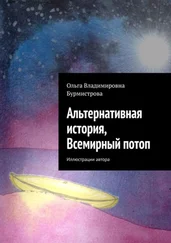M. J. Pusey, Charles Evans Hughes (New York, 1951), vol. 1, p. 350.
N. A. Palmer, «The Veterans’ Bonus and the Evolving Presidency of Warren G. Harding», Presidential Studies Quarterly 38 (2008), 39–60.
Artaud, «La question», in Petricioli and Guderzo (eds), Occasion manquée, p. 87.
S. A. Schuker, «American Policy Towards Debts and Reconstruction», в: C. Fink (ed.), Genoa, Rapallo and European Reconstruction in 1922 (Cambridge, 1991), p. 98.
M. Leffler, «The Origins of Republican War Debt Policy, 1921–1923: A Case Study in the Applicability of the Open Door Interpretation», The Journal of American History 59 (1972) p. 593.
A. Orde, British Policy and European Reconstruction after the First World War (Cambridge, 1990) p. 173–174.
J. Gallagher, «Nationalisms and the Crisis of Empire, 1919–1922», Modern Asian Studies 15(1981) 355–368.
W. F. Elkins, «Black Power in the British West Indies: The Trinidad Longshoremen’s Strike of 1919», Science and Society 33 (1969), p. 71–75.
I. Abdullah, «Rethinking the Freetown Crowd: The Moral Economy of the 1919 Strikes and Riot in Sierra Leone», Canadian Journal of African Studies/Revue Canadienne des Etudes Africaines 28, no. 2 (1994), p. 197–218.
T. Yoshikuni, «Strike Action and Self-Help Associations: Zimbabwean Worker Protest and Culture after World War I», Journal of Southern African Studies 15, no. 3 (April 1989), p. 440–468.
D. Killingray, «Repercussions of World War I in the Gold Coast», The Journal of African History 19 (1978), p. 39–59; A. Olukoju, «Maritime Trade in Lagos in the Aftermath of the First World War», African Economic History 20 (1992), p. 119–135; A. Olukoju, «Anatomy of Business-Government Relations: Fiscal Policy and Mercantile Pressure Group Activity in Nigeria, 1916–1933», African Studies Review 38 (1995), p. 23–50.
R. Ally, Gold and Empire: The Bank of England and South Africa’s Gold Producers, 1886–1926 (Johannesburg, 1994); J. Krikler, «The Commandos: The Army of White Labour in South Africa», Past and Present 163 (1999), 202-44; A. Clayton, The British Empire as a Superpower, 1919–1939 (Basingstoke, 1986), p. 241–244; J. Krikler, White Rising: The 1922 Insurrection and Racial Killing in South Africa (Manchester, 2005).
C. Townsend, The British Campaign in Ireland, 1919–1921 (Oxford, 1975).
W. Wilson, Letters, 250, p. 266–272.
J. Lawrence, «Forging a Peaceable Kingdom: War, Violence, and Fear of Brutalization in Post-First World War Britain», The Journal of Modern History 75, no. 3 (September 2003), p. 557–589.
M. Beloff, Imperial Sunset: Britain’s Liberal Empire, 1897–1921 (London, 1969), vol. 1, p. 314.
M. Hopkinson, «President Woodrow Wilson and the Irish Question», Studia Hibernica 27(19934 p. 89–111.
Важные сведения собраны в книге: J. Darwin, Britain, Egypt and the Middle East: Imperial Policy in the Aftermath of War, 1918–1922 (London, 1981).
W. Stivers, Supremacy and Oil: Iraq, Turkey, and the Anglo-American World Order, 1918–1930 (Ithaca, NY, 1982) p. 45–50.
M. W. Daly (ed.), The Cambridge History of Egypt (New York, 1998), vol. 2, p. 246–247.
Ibid., p. 247–248. О слабости культурного влияния Британии см.: Beloff, Imperial Sunset, vol. 2, p. 44.
J. Berque, Egypt: Imperialism and Revolution (New York, 1972), p. 305.
M. Badrawi, Ismail Sidqi, 1875–1950 (Richmond, VA, 1996), p. 14.
M. A. Rifaat, The Monetary System of Egypt (London, 1935), p. 63–64; A. E. Crouchley, The Economic Development of Modern Egypt (London, 1938), p. 197.
Berque, Egypt, p. 316.
Berque, Egypt, p. 318.
J. L. Thompson, A Wider Patriotism: Alfred Milner and the British Empire (London, 2007),p. 184–195.
Berque, Egypt, p. 315–316.
Gallagher, «Nationalisms», p. 361.
Цит. по: E. Kedourie, The Chatham House Version and Other Middle-Eastern Studies (London, 1970), p. 121.
L. Stein, The Balfour Declaration (New York, 1961), p. 640–645.
E. Monroe, Britain’s Moment in the Middle East, 1914–1956 (Baltimore, MD, 1963), p. 65–66.
Q. Wright, «The Bombardment of Damascus», The American Journal of International Law 20 (1926), p. 263–280; D. Eldar, «France in Syria: The Abolition of the Sharifian Government, April-July 1920», Middle Eastern Studies 29 (1993), p. 487–504.
Stivers, Supremacy and Oil, 84, и E. Kedourie, «The Kingdom of Iraq: A Retrospect», in Kedourie, Chatham House Version, p. 236–285.
Beloff, Imperial Sunset, vol. 1, p. 347.
I. Friedman, British Miscalculations: The Rise of Muslim Nationalism, 1918–1925 (New Brunswick, NJ, 2012), p. 252.
B. Gökay, A Clash of Empires: Turkey between Russian Bolshevism and British Imperialism, 1918–1923 (London, 1997).
B. Lewis, The Emergence of Modern Turkey (Oxford, 1961), p. 247–251.
Gökay, Clash of Empires, p. 131.
G. Balachandran, John Bullion’s Empire: Britain’s Gold Problem and India Between the Wars (London, 1996).
B. R. Tomlinson, The Political Economy of the Raj, 1914–1947: The Economics of Decolonization in India (London, 1979).
J. Brown, Gandhi’s Rise to Power: Indian Politics, 1915–1922 (Cambridge, 1972), p. 161.
Ibid., p. 231.
Friedman, British Miscalculations, p. 229.
Brown, Gandhi, p. 202.
P. Woods, Roots of Parliamentary Democracy in India: Montagu-Chelmsford Reforms, 1917–1923 (Delhi, 1996) p. 139–140.
A. Rumbold, Watershed in India, 1914–1922 (London, 1979), p. 160–193.
W. R. Smith, Nationalism and Reform in India (New Haven, CT, 1938), p. 108–109.
Ibid., p. 118–119.
Блестяще изложено в: G. Pandey, «Peasant Revolt and Indian Nationalism: The Peasant Movement in Awadh, 1919–1922», in R. Guha (ed.), Subaltern Studies (Delhi, 1982–1989) vol.1, p. 143–191.
D. A. Low, «The Government of India and the First Non-Cooperation Movement 1920–1922», The Journal of Asian Studies 25 (1966), p. 247–248.
Читать дальше
Конец ознакомительного отрывка
Купить книгу
